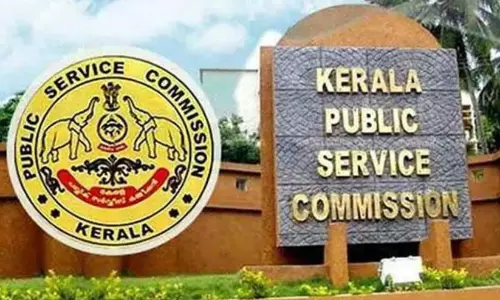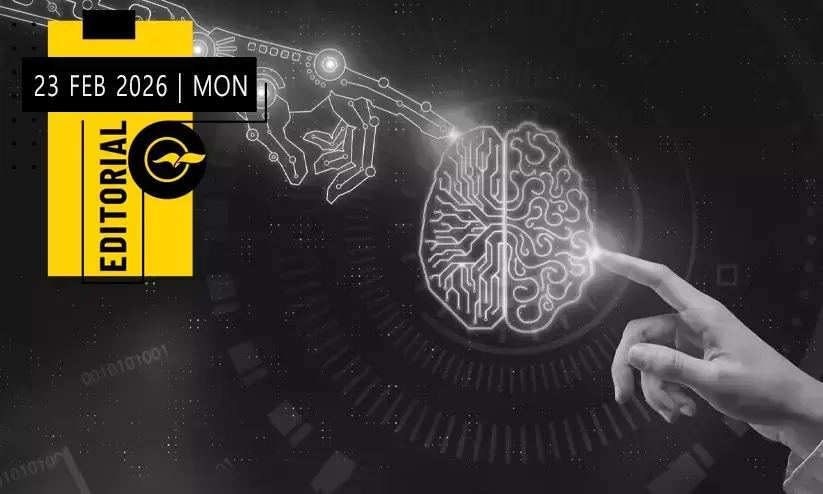
‘Misunderstanding’, 5 madrasa teachers cleared of child trafficking charges
text_fieldsThe Government Railway Police (GRP) in Manmad and Bhusawal have closed two criminal cases against five madrasa teachers, initially arrested in May 2023 on charges of trafficking 59 children from Bihar to Maharashtra for alleged child labour, The Indian Express reported.
The cases were dismissed in March 2024 after it was determined that the First Information Reports (FIRs) were lodged due to a misunderstanding, according to the Director General of Railways, Maharashtra, Pradnya Saravade.
The incident began on May 30, 2023, when 59 children from the Araria district in Bihar, aged between 8 and 17, were travelling to Pune and Sangli to study Islamic theology in madrasas. Acting on information from a senior officer associated with the Juvenile Justice Board in Delhi and the Railway Board, the Railway Protection Force (RPF), along with an NGO, intercepted the children at Bhusawal and Manmad stations.
Suspecting the children were being trafficked for labour, they were taken to shelter homes in Nashik and Bhusawal, while the five accompanying madrasa representatives were arrested.
The arrested individuals included Mohammed Anjur Alam Mohammed Syed Ali from Sangli and Saddam Hussain Siddiqui, Noman Alam Siddiqui, Ezaj Ziyabbul Siddiqui, and Mohammed Shahnawaz Haroon from Araria. They faced charges under sections 370 (trafficking of persons) and 34 (common intention) of the Indian Penal Code.
The GRP’s investigation involved officers travelling to Araria to verify the credentials of both the accused and the children. The officers also inspected the madrasas where the children were supposed to study. Their findings confirmed that no human trafficking had occurred, prompting the GRP to file C-Summary closure reports in court, effectively ending the cases.
Despite the clearance of criminal records, the false accusations had significant personal impacts on the teachers. The stigma from the arrests and FIRs caused social and psychological suffering, with one teacher stating that the incident had deeply frightened his family, leading them to urge him to cancel a planned job in Saudi Arabia. Another teacher recounted how his parents were so distressed by the situation that they stopped eating for days.
Advocate Niyaz Ahmed Lodhi, who represented the teachers, highlighted the severe repercussions of the wrongful accusations, suggesting that the teachers should seek compensation for the harassment endured.
He criticized the police for the mishandling of the situation, emphasizing the need for better training to prevent such errors in the future. Lodhi also pointed out the broader implications, noting that false cases not only waste police and judicial resources but also damage the credibility of law enforcement agencies.
A senior GRP officer defended the initial actions, explaining that the FIRs were filed based on complaints from RPF officials and NGOs. The officer stressed that the GRP could not ignore a potential case of human trafficking involving 59 children. However, once their thorough investigation confirmed no offense had taken place, they appropriately dropped all charges.























